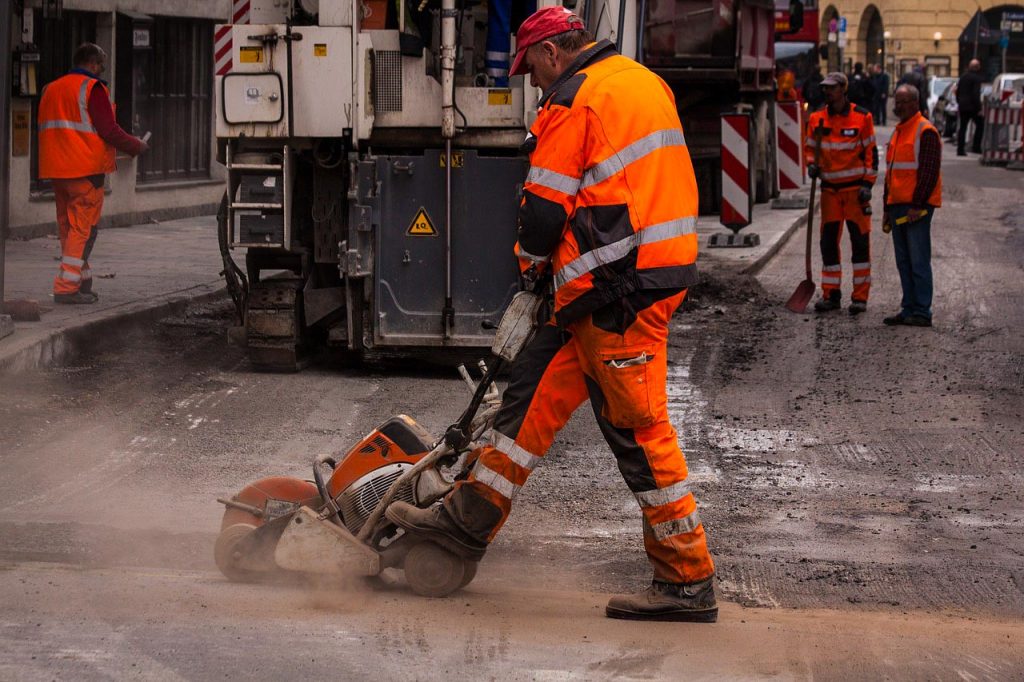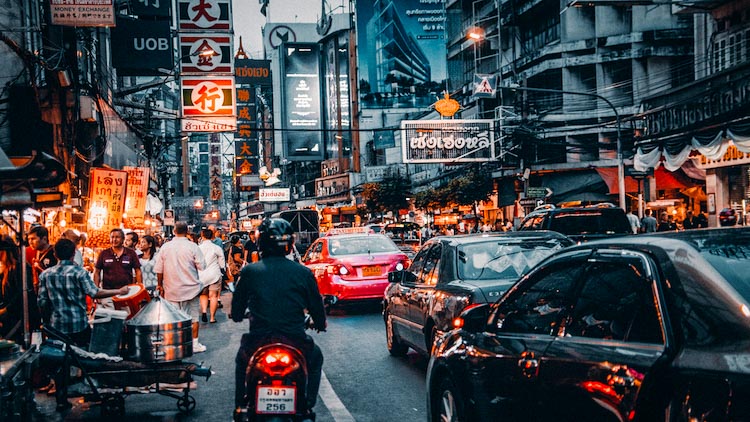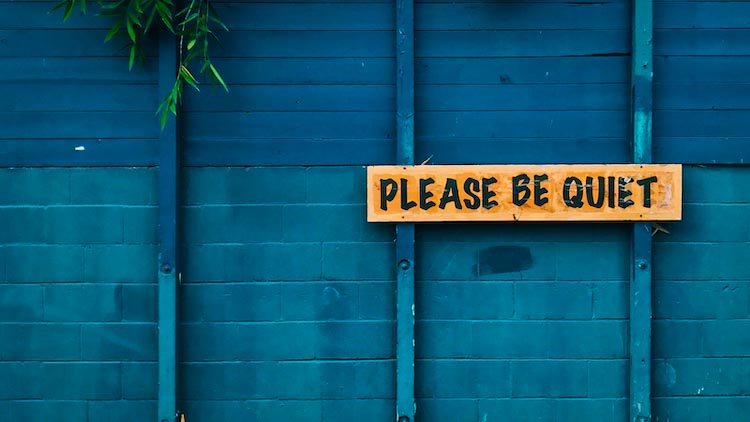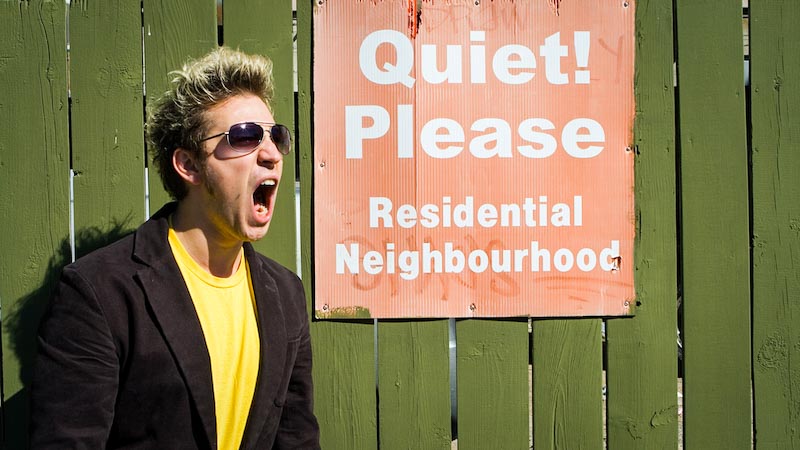Proving humans’ unparalleled capability for confounding logic, the daylight hours of 31 December in Graz were punctuated with the whizz-pop of fireworks.
The magical glittery hues may have been lost to an unseasonal sunny backdrop, but their voices were far from hushed. Come midnight, and the neighbourhood was alive with an uncoordinated orchestra of minor explosives. It reached volumes even Spinal Tap would envy!
It begs the question: is there a limit to how noisy a city should be?
C’Mon Feel the Noise
Unbelievably, urban noise is a matter of public health, second only to the threat of air pollution.
Traffic is one of the biggest causes. One in five people in the EU are exposed to harmful levels of traffic noise long-term.
It generally rings in at about 85 decibels, far higher than what is considered acceptable for liveable urban areas (55 dB). (Incidentally, firecrackers clock in at <150 dB – worse than passing motorcycles, pneumatic drills, and planes taking off!)
Prolonged exposure at this level can lead to irreparable hearing loss. Loud noises are also proved to cause physical and psychological stress, tinnitus, depression, and even heart disease.
Throw in other urban noise, such as the rumble of vehicles, workings of heavy machinery, and loudspeakers, and it becomes physical: some citizens report their apartments shaking, preventing them from sleeping.
It’s a global problem. Europe and the USA is fairly quiet in comparison to the worst offending cities although inequality bites hard: low-incomes and racial segregation bumps average household exposure up by an extra 4 dB.

Some of the worldwide highest-ranking averages for frankly inhumane levels of urban noise occur in Africa and Asia: Ibadan, Nigeria (101 dB); Algiers, Algeria (100 dB); Damascus, Syria (94 dB); Moradabad, India (114 dB); Dhaka, Bangladesh (119 dB); Bangkok, Thailand (99 dB); and Ho Chi Minh City, Vietnam (103 dB).
So, while we’re right to question other emissions such as carbon, light, and air pollution, it’s about time we started taking urban noise just as seriously.
Turn It Down – City Responses
Hence, in 2016, the EU introduced legislation forcing manufacturers to restrict the noise new vehicle engines could produce to less than 72 dB. That’s still too high, but with a shift towards near silent electric vehicles, we may see a phasing out of noisier cars naturally.
The Dishonourable Honk
That leaves things a bit too much to chance and ignores the human behaviour factor behind it. Like the excessive use of horns heard in many cities where exasperated drivers are frustrated with the density of congestion or simply want to shoo a pedestrian out of the way.
That’s why, in 2008, the Indian city of Mumbai staged a ‘No Honking Day’.
Police fined 16,000 offenders and it became an annual event. But with two as recently as August 2023, it clearly hasn’t changed attitudes. Unlike in Kathmandu, Nepal.
In April 2021, honking was banned completely, reinforced by hefty fines and a sense that, apart from in emergencies, beeping was uncivilised. This social pressure took hold and without the need for expensive infrastructure change, noise and speed offences plummeted.
Don’t be fooled into thinking this was such a quick win, however: first introduced in 2017, it took three attempts for Kathmandu‘s ban to influence behaviour change.

The City That Now SLEEPS
New York City’s ‘Stop Loud and Excessive Exhaust Pollution’ (or SLEEP) Act does much the same. Fines are issued for vehicles with a decibel range exceeding 85. The difference here is that it’s being caught on camera – and generally targets illegally modified cars.
This use of sound radars follows in the footsteps of other cities, including plenty in France, where noise pollution has official been recognised by law.
That legislation proved a pivotal step. Whereas The Hague has tried to deter residents from using fireworks, it was little more than an appeal. Here in Graz, too, where rockets are officially banned, it’s not because of the noise, but because they release harmful particles to an already poor air quality.
So, whether we have legal urban noise restrictions in place or not, how can we create more peaceful cities to ease our aching heads?
No-Noise Nodes – Advice for Cities
Silencers on rockets may take some of the fun out of fireworks, so we should probably focus efforts on easier and bigger wins.
As vehicles are the greatest originators of urban noise, steps to curb this will go a long way to improving citizens’ and urban health.
Pockets of calm, such as parks and green spaces, are oases away from the humdrum of city life. At least, in theory. Research suggests that the bigger the city, the harder it is to access these spaces.
So, we need planners to play their part. To make sure there are numerous, sizeable, accessible quiet spaces within walking distance of everyone’s home.
Green capital must be big enough to absorb and buffer noise from the surroundings. Putting parks within no car zones seems an obvious choice.
We especially need a concentration of green capital in more deprived neighbourhoods.

But rather than escape the noise, better still to eliminate the sources.
The use of low-noise materials muffle vehicle noises and absorption barriers in appropriate places contain the sounds of the city: traffic, roadworks, aircraft, industrial production, construction and demolition, etc.
Lowering speed limits can also help, so too does the use of low-noise tyres on vehicles.
If none of that works, let’s copy Kathmandu and add an element of shame to loud offenders. It works in libraries so why not elsewhere? Shhhhhh.


